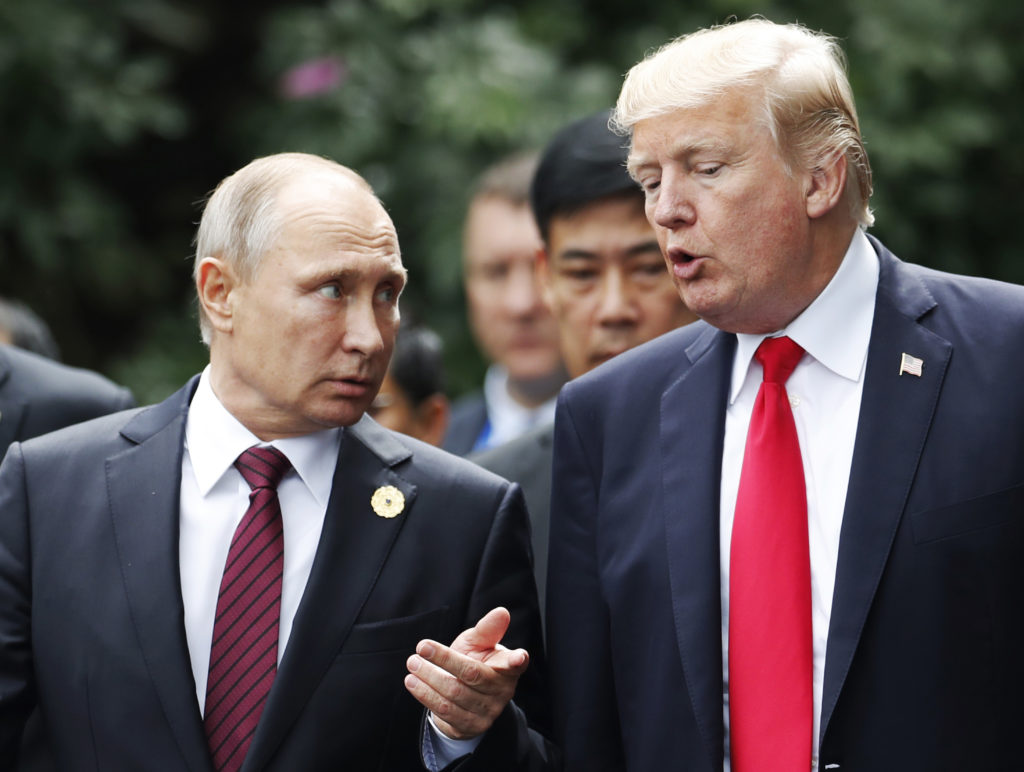Ridin’ with Putin

Some context for the Russia-inspired attacks on Imane Khelif during the Olympics:
Homophobia became a major part of President Vladimir Putin’s political strategy in 2013. That’s when the Duma passed a national version of the “gay propaganda law.” The legislation was domestically useful to Putin, who was seeking to reinforce his political support by cozying up to the Russian Orthodox Church.
The law, which went into effect just before Russia was due to host the 2014 Winter Olympics in Sochi, provoked an international outcry, and Putin detected homophobia could also be a tool of foreign policy. His government leaned into the controversy, portraying Russia as a defender of traditional values against a degenerate West that had lost its way. Kremlin allies also began using it in a more targeted way in Ukraine, where an oligarch close to Putin ran an ad campaign warning closer ties to the European Union would force the recognition of same-sex marriages. His decade-long strategy has used homophobia to try to drive a wedge between Eastern Europeans and the West, as well as to delegitimize fundamental notions of human rights and democracy.
To some Russian LGBTQ activists, it was inevitable that the Russian government would double down on going after queer people following Putin’s invasion of Ukraine in February 2022. Swiftly, the Russian government made a broad effort to dismantle the last spaces for opposition to his regime. Other steps have included shuttering Russia’s remaining independent media outlets and effectively banning any speech critical of the war or of Putin.
Anti-LBGTQ is part of the Kremlin’s political strategy both at home and abroad. It offers an internally coherent account of how Russia is threatened by the West while at the same time providing a bridge to the most noxious elements of political life in Europe and North America. Something to remember when anyone calls for “cognitive empathy” with the Kremlin.


